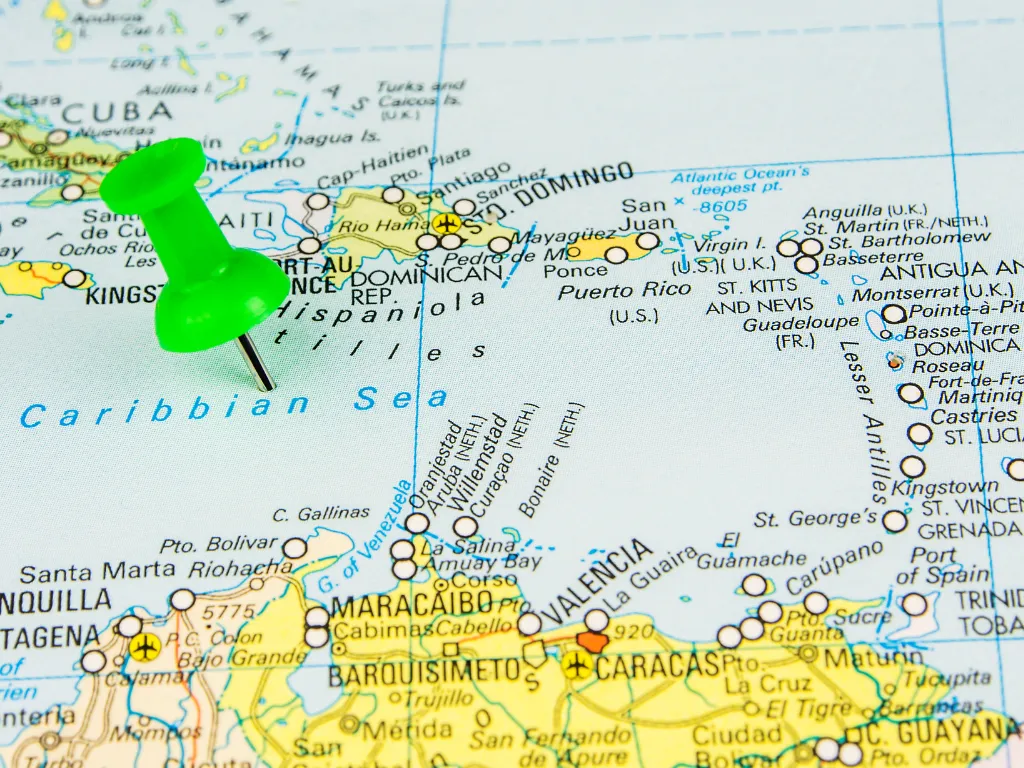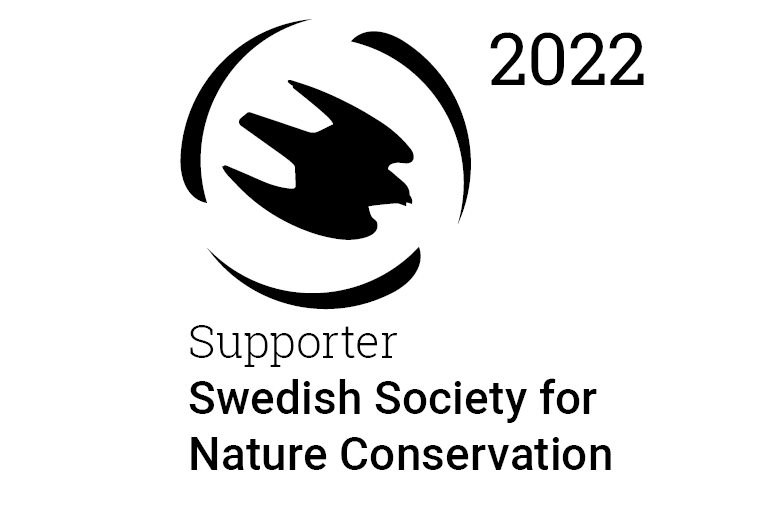- Home
- News Details
News Details

New initiative for regulations on POPs in the Caribbean
2022-11-02 Reference source : UNEP
Chemical inventory International initiatives POPs
The Global Environment Facility (GEF) project for the “Development and Sustainable Management Mechanism for POPs in the Caribbean” is an initiative born from obligations risen in the Stockholm Convention. Its objective is that the Caribbean Countries implement inventories for Persistent Organic Pollutant (POP) chemicals, establish management mechanisms for demonstration sites, train personnel, and promote new national programs and regulations to assist the countries to meet their commitments and obligations under the Convention.
Eight Caribbean nations, all parties to the Stockholm Convention, participated in this mission. These are Antigua and Barbuda, Barbados, Belize, Saint Kitts and Nevis, Saint Lucia, Saint Vincent and the Grenadines, Suriname, and Trinidad and Tobago. Under the initiative, all of the countries inventoried their POP chemicals, including the allegedly most dangerous Dichlorodiphenyltrichloroethane (DDT) and Polychlorinated biphenyls PCB. This initiative is leading other countries to eliminate PCBs from their territories.
Some other of the key results of this project are:
-
Standard Operating Procedures stated for complying inspectors
-
Alertness-raising plans and a communications toolkit
-
A local lab with competencies to analyze POPs
-
Preliminary evaluations and risk calculations of highly polluted sites
-
Evaluations and references for lab kits and proficiency building
-
The possibility of implementing waste differentiation in some countries would contribute to limiting the generation of POPs by landfill fires
The project was formally closed on 3 October 2022, but it led the way to other initiatives such as the ISLANDS programme, implemented by the United Nations Environment Program (UNEP) and funded by the Global Environment Facility (GEF). Its total funding is 47,041,860 USD.
We acknowledge that the above information has been compiled from UNEP.
Global Product Compliance (GPC) specializes in Global Regulatory Compliance Solutions across sectors
globally. SSS Europe, a familiar name in chemical regulatory and compliance services now formally belongs
under the umbrella of GPC Holding Sweden.
Since 2008, we have emerged as one of the leading names among Global Regulatory Compliance Service
Providers with Representation services in Europe, Asia and Middle East for respective chemical
regulations.


